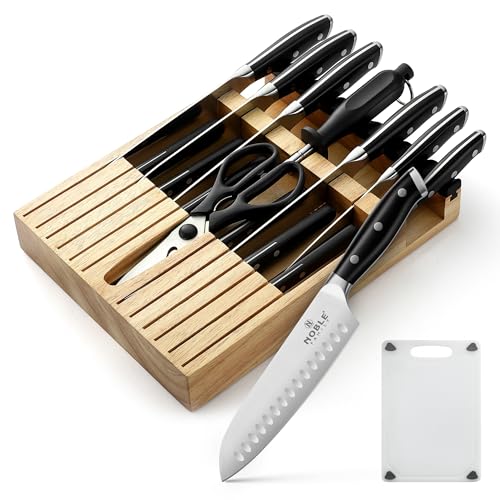Xunzi
Well-Known Member
I'm on the hunt for a new cutting board and I'm debating between wood and Asahi rubber for protein.
I found this thread wood cutting boards in a commercial kitchen that debates the sanitary merits of wood vs plastic and the conclusion seems to be that there's no difference.
The rubber boards are touted as being more sanitary because they're less porous and water-repelling than wooden boards, but is anyone aware of actual evidence that rubber is superior in this regard?
Thanks!
I found this thread wood cutting boards in a commercial kitchen that debates the sanitary merits of wood vs plastic and the conclusion seems to be that there's no difference.
The rubber boards are touted as being more sanitary because they're less porous and water-repelling than wooden boards, but is anyone aware of actual evidence that rubber is superior in this regard?
Thanks!
























